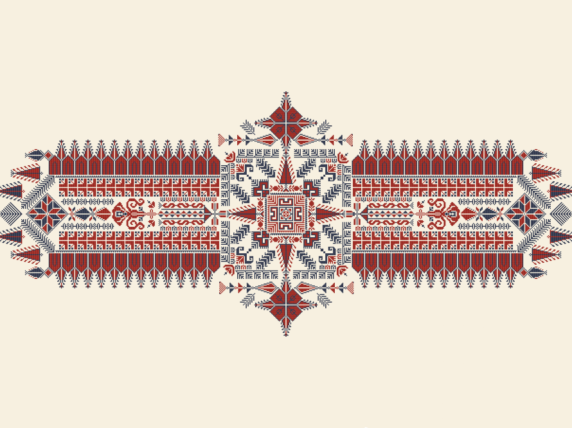Farmers, food and freedom: how trade deals are undermining the right to seeds
When we think of trade deals and food, we tend to think about physical foodstuffs moving between borders.
What we might not consider is the fact that many trade deals actually play a part in shaping the rules that govern the food system.
One such example of this is the inclusion of an obscure international convention on seeds and plant varieties called The International Convention of the Union for the Protection of New Varieties of Plants 1991 (UPOV91), which often finds its way into the Intellectual Property chapters of trade agreements.
UPOV91 grants exclusive rights to the plant breeder of a new plant variety. This means that the plant breeder is the only company or entity with rights over the production, selling, export and import of that variety. Once a country is a signatory of UPOV91 it must introduce domestic regulation to align with it. However, it can also be required to comply with the convention or implement equivalent protections under a free trade deal.
In real terms, UPOV91 means that farmers:
- Can legally access privatised varieties of seed only if they buy them from a place that has permission to sell them.
- Cannot exchange these seeds in any way, even as a gift.
- In some countries, they cannot save these seeds for the following season. In others, farmers can reproduce or keep privatised seed variety for the next season but only if it’s for their own use, and they may have to pay a royalty to do so.
- Cannot use these seeds to develop their own varieties.
This is problematic for many smallholder farmers in the Global South, who rely on saving, exchanging, or selling seeds to other farmers for their livelihoods. These practices are known as farmer-managed seed systems, and they play a huge role in agricultural systems in many parts of the world. For example, a study across 10 countries in Africa found that found that 90% of seeds accessed by small farmers came from farmer-managed seed systems.
Not only are farmer-managed seed systems crucial for food sovereignty and farmer livelihoods, but they also have a number of benefits.
Firstly, they support the development and preservation of local/indigenous varieties of seeds, which are better adapted to local conditions (e.g. drought) and are mostly developed in situ, meaning that they evolve within the ecosystem they are grown in. This often makes them more resilient and adaptable to climate change, and can often mean they have benefits for the wider ecosystem.
Accessing seeds through farmer-managed seed systems can also keep costs down for farmers, reducing or preventing dependency on commercial, protected varieties that tend to be more expensive. Finally, farmer-managed seed systems can provide forums for farmers to come together and share knowledge and resources. Some local seed varieties may also have specific cultural significance.
Transform Trade’s new report shows that the UK is hindering farmer-managed seed systems by pushing UPOV91 through its trade agreements. It has signed or ratified 19 trade deals, covering 68 countries, which encourage or explicitly require member countries to comply with UPOV91. 19 of these countries are in the Global South, where there are well over 30 million small farms.
But the UK is not alone. Other culprits are pushing these damaging seed laws, including the EU, USA, Japan and Canada. It’s no coincidence that some of the world’s largest seed companies, who benefit from seed protection laws, are headquartered in these countries.
Putting UPOV91 requirements into trade agreements gives it a level of enforceability that goes well beyond that of other international agreements. Under a trade deal that pushes signatories to comply with UPOV91, if a country fails to do so, it could be subject to sanctions from other signatory countries.
Several other international agreements recognise the rights of farmers to seeds, but are not given the same legal weight. For example, the Convention on Biological Diversity and the Sustainable Development Goals, both of which recognise the critical importance of seeds to addressing the major issues of climate change and ending hunger. The United National Declaration on the Rights of Peasants and other People Working in Rural Areas (UNDROP) stipulates that farmers should have the right to save, exchange, use and sell seeds, and that governments should support farmer-managed seed systems.
Many countries are already putting this commitment into action. For example, Honduras’ Supreme Court revoked its restrictive seed laws on the basis that they did not comply with UNDROP, and undermined constitutional principles of self-determination, environmental protection and health. In India, the national law recognises farmer-managed seed systems. In Benin, civil society dissuaded their government from becoming a member of UPOV91.
The UK should be playing its part by removing from its own trade agreements the requirement to comply with these damaging seed rules, and commit to exclude them from any future trade negotiations.
Both nationally and internationally, the UK should be promoting the importance of farmers’ rights to seeds as vital to underpinning food sovereignty, climate adaptation and livelihoods. These actions could set a precedent for other countries, and we might see a world emerge where the rights of smallholder farmers are protected.




